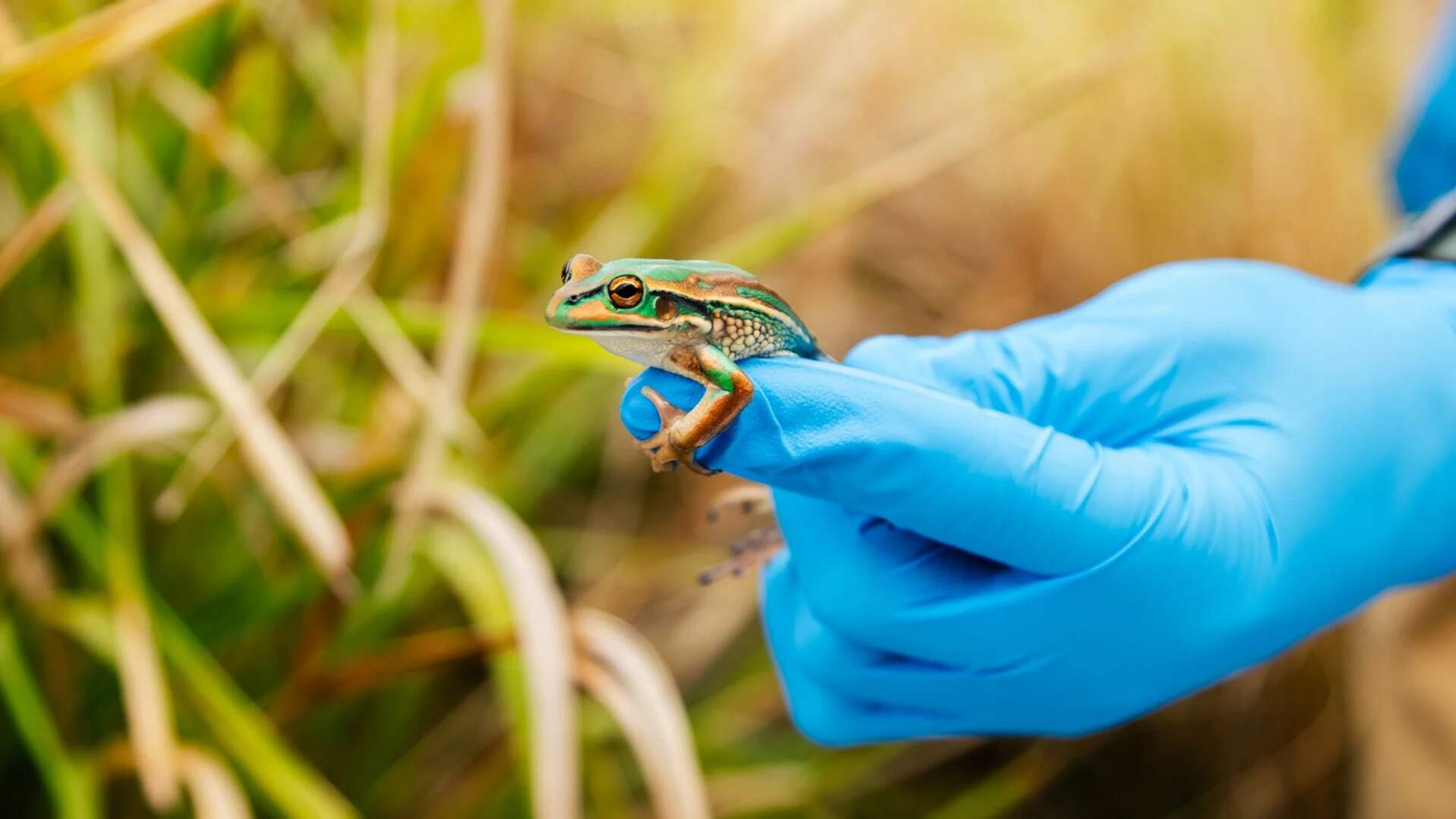- | 11:00 am
Masdar and Boeing join hands to accelerate the sustainable aviation fuel industry
The collaboration will boost SAF production while creating new jobs and fueling the economy.

Now accepting applications for Fast Company Middle East’s Most Innovative Companies. Click here to apply.
The International Air Transport Association estimates sustainable aviation fuel (SAF) could contribute to about 65% of the emission reduction required to achieve net-zero emissions by 2050. The International Civil Aviation Organization notes that SAF could slash carbon emissions by up to 85% compared to petroleum jet fuel.
However, adopting SAF is still premature due to challenges involving small-scale production and roadblocks to green financing.
With this, the UAE’s industry leaders have been actively supporting the shift to SAF as Masdar teamed up with the US aircraft company Boeing to boost the adoption of SAF throughout the Emirates and globally.
The partnership will oversee the development and integration of policies for SAF, while the increase in the industry will create more jobs and open doors for more business opportunities.
“Global net-zero goals can only be achieved through international collaboration and innovation,” said Mohammad El Ramahi, chief green hydrogen officer of Masdar.
“Adopting SAF is going to be aviation’s most powerful decarbonization lever. Over a decade of collaboration between Boeing and the UAE in sustainable aviation is a testament to our shared goal of achieving net-zero emissions by 2050,” said Kuljit Ghata-Aura, president of Boeing Middle East, Turkey, and Africa.
Meanwhile, on Tuesday, ADNOC’s Ruwais refinery received the International Sustainability Carbon Certification, which allows it to begin production of SAF, a first for a company in the Middle East. Similarly, on Monday, Dubai’s Emirates signed an agreement with Shell Aviation to supply more than 300,000 gallons of blended SAF.
Earlier this year, at the Abu Dhabi Sustainability Week, Masdar also shared that its initiative, which focuses on green hydrogen to produce SAF, is working with licensors to certify a new production pathway for SAF from methanol.































